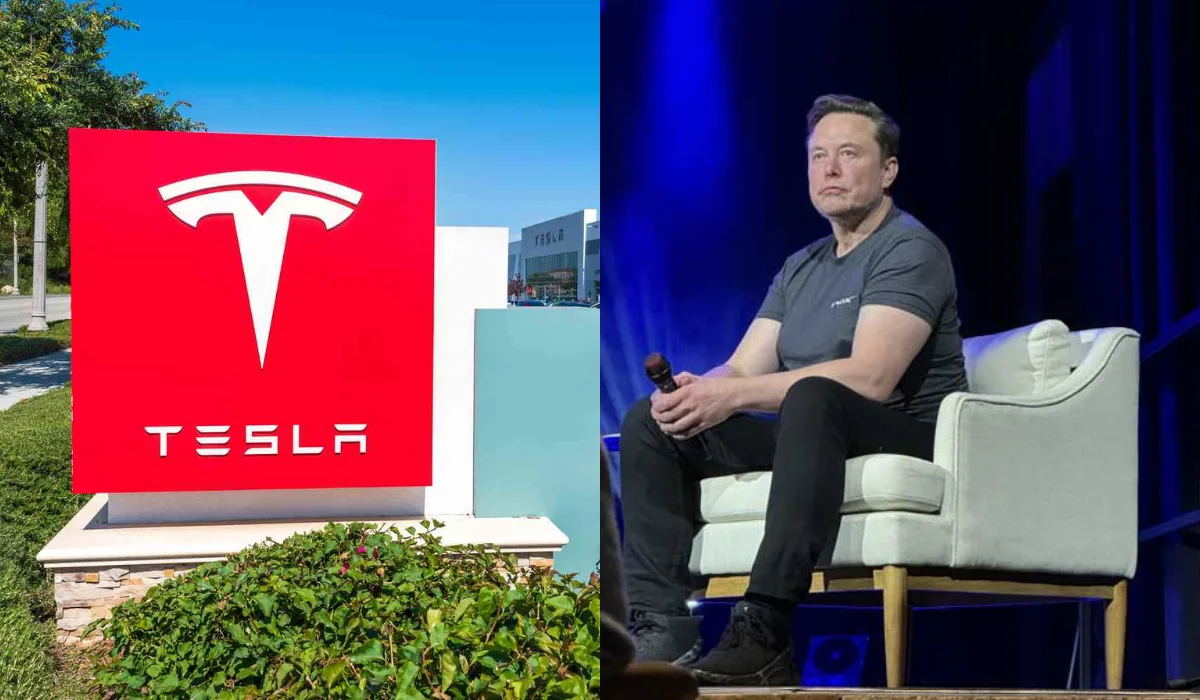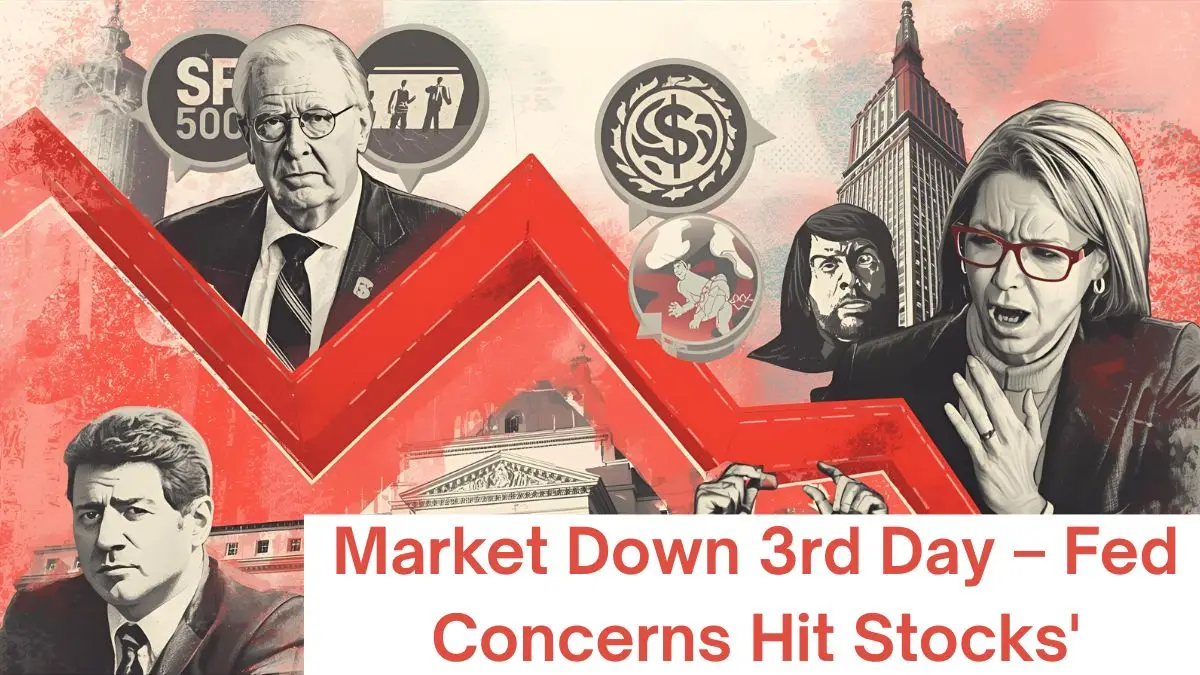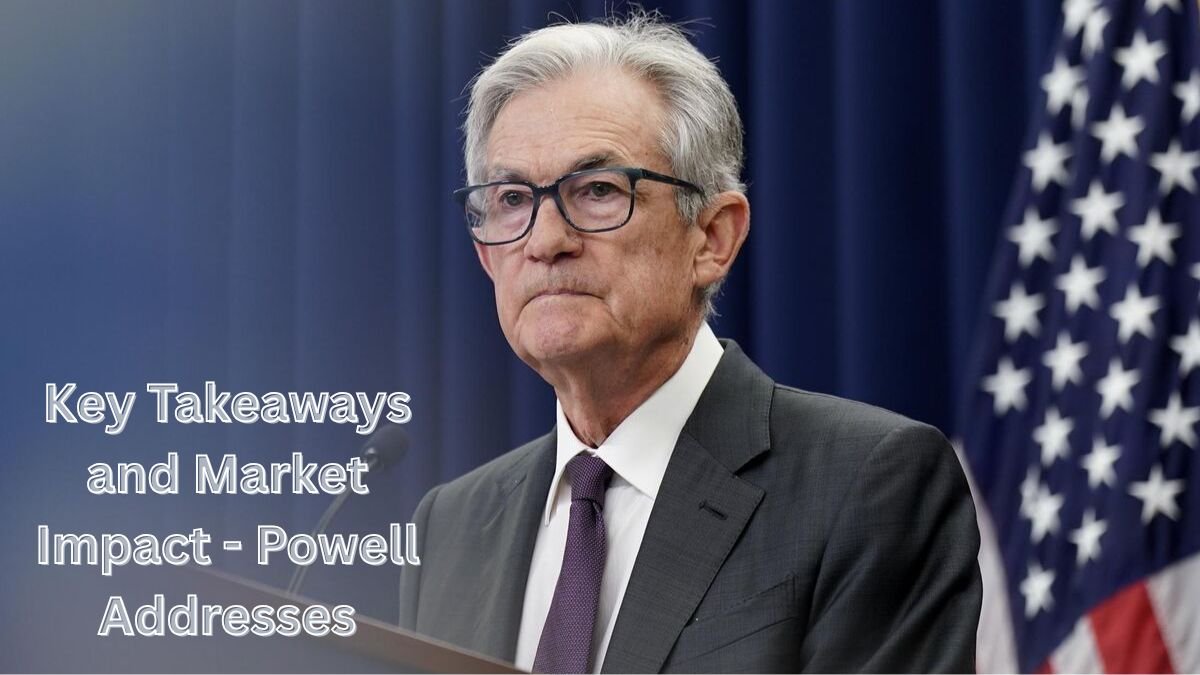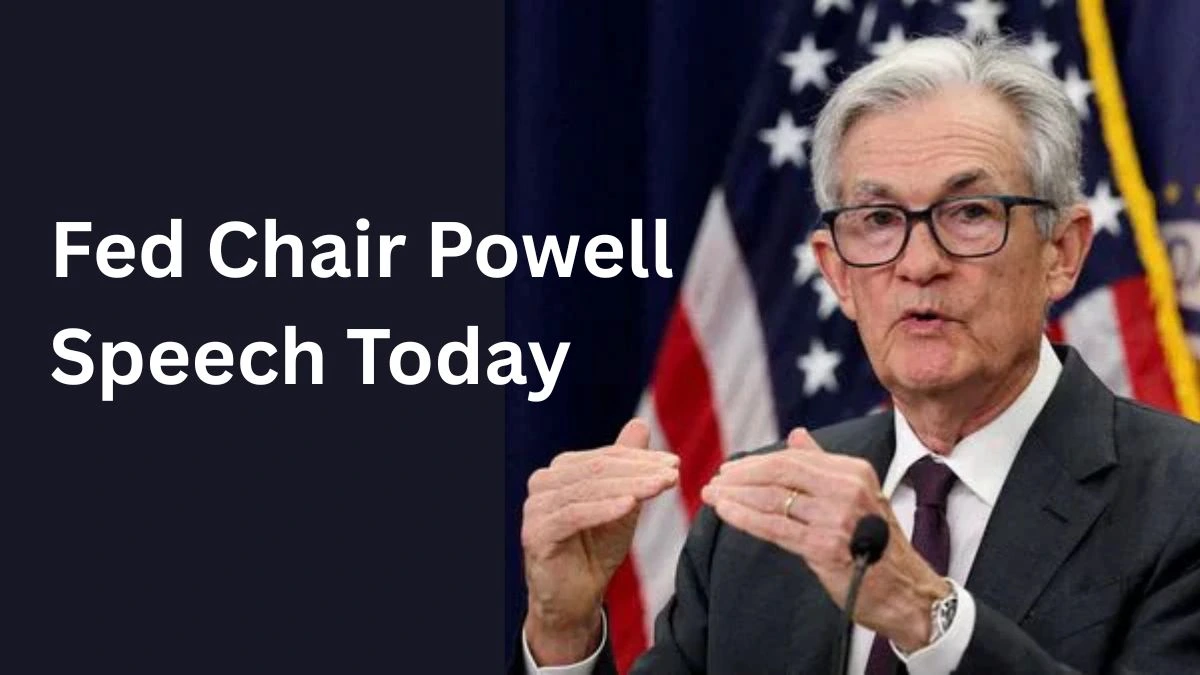Tesla Board Chair Robyn Denholm emphatically defended CEO Elon Musk’s political activities in a Bloomberg Television interview on Friday, dismissing investor concerns about their impact on company performance while affirming his right to engage in democratic processes. Her comments came as Tesla shareholders prepare to vote on an unprecedented $1 trillion compensation package that would tie Musk’s pay to ambitious performance targets over the next decade.
Tesla Board Chair Affirms Musk’s Unique Leadership Value
“He is a generational leader,” Denholm stated during the interview, emphasizing that no other executive possesses Musk’s capabilities to guide Tesla through its transformation into artificial intelligence and robotics. “There aren’t other people out there like Elon who can lead the company over the next decade or so.”
The board’s confidence in Musk’s irreplaceable leadership comes despite mounting investor concerns about his divided attention across multiple ventures and political activities. Denholm argued that Musk’s outside work, including his involvement with SpaceX, Neuralink, and political endeavors, “actually benefits Tesla” from both resource and motivation perspectives.
Historic Compensation Package Reflects Tesla’s AI Ambitions
Tesla’s proposed compensation plan, unveiled September 5, represents the largest corporate pay package in history. The structure would grant Musk an additional 12% stake in the company through twelve tranches of stock options, contingent upon achieving extraordinary performance milestones including growing Tesla’s market capitalization from its current $1 trillion to $8.5 trillion by 2035.
Beyond market cap targets, the operational benchmarks are equally ambitious: delivering 20 million vehicles, deploying one million robotaxis, producing one million humanoid robots, and generating 10 million autonomous driving subscriptions. These targets reflect Tesla’s strategic pivot toward becoming an AI and robotics company rather than solely an automotive manufacturer.
Political Engagement Sparks Investor Backlash
Musk’s political involvement has generated significant controversy among Tesla stakeholders and customers. His prominent role supporting President Trump’s 2024 campaign and subsequent appointment to lead the Department of Government Efficiency drew criticism from traditional Tesla buyers. The political activities have contributed to measurable business impacts, with Tesla experiencing declining sales and market share throughout 2025.
Research firm S&P Global Mobility documented a dramatic collapse in Tesla’s brand loyalty following Musk’s political endorsement of Trump in July 2024. Customer loyalty plummeted from an industry-leading 73% in June 2024 to just 49.9% by March 2025—falling below the industry average for the first time in company history. While loyalty has since recovered to 57.4% as of May, it remains significantly below Tesla’s historical dominance.
Sales Decline Across Key Markets
Tesla’s political controversies have coincided with substantial sales declines in crucial markets. In California, the company’s largest U.S. market, registrations dropped 18.3% in the first half of 2025 compared to the same period in 2024. This marked the seventh consecutive quarterly decline in the state, contributing to Tesla’s overall U.S. market share falling to 38% in August—the lowest level since 2017.
The company reported a 13% decline in global vehicle deliveries during the second quarter of 2025, with particularly steep drops in Europe (down 40%) and modest declines in China (down 6%). Only in the U.S. has Tesla managed to maintain sales levels, though analysts expect this to deteriorate as competitors intensify their offerings.
Board Seeks Political Disengagement Assurances
Despite Denholm’s public defense of Musk’s political freedom, internal Tesla documents reveal the board’s concerns about his political involvement. In the compensation package proxy filing, directors acknowledged seeking “assurances that Musk’s involvement with the political sphere would wind down in a timely manner”. This language suggests the board views political activities as potentially detrimental to Tesla’s business interests.
The board opposed a shareholder proposal from investor Jay Butera calling for political neutrality policies, arguing such restrictions would create “a chilling effect on free speech” and be “impossible and unlawful” to implement. Butera, a Tesla shareholder since 2010, submitted the proposal citing concerns that political activities could alienate customers, government officials, and regulators globally.
Market Response and Future Outlook
Tesla shares gained nearly 6% following Denholm’s Friday interview, suggesting investor relief at her reassurances about Musk’s renewed focus on the company. The board chair emphasized that Musk is now “front and center” at Tesla after stepping back from his government role in the Department of Government Efficiency.
However, the compensation proposal faces scrutiny from investors who question whether such an enormous package is necessary given Musk’s existing 13% stake in the company. Critics argue that traditional executives like Jeff Bezos achieved remarkable success without requiring additional equity incentives beyond their founding stakes.
The trillion-dollar compensation plan will be subject to shareholder approval at Tesla’s annual meeting scheduled for November 6. Success of the proposal could set new precedents for executive compensation while potentially making Musk the world’s first trillionaire if Tesla achieves its ambitious transformation goals.
Read also: Oracle Stock: Larry Ellison Overtakes Elon Musk as World’s Richest Person Following Oracle’s AI-Driven Revenue Explosion
As Tesla navigates this critical inflection point between its automotive origins and AI-driven future, the company must balance retaining its visionary leader with addressing legitimate stakeholder concerns about divided attention and political controversies that have demonstrably impacted brand loyalty and sales performance across key markets.








